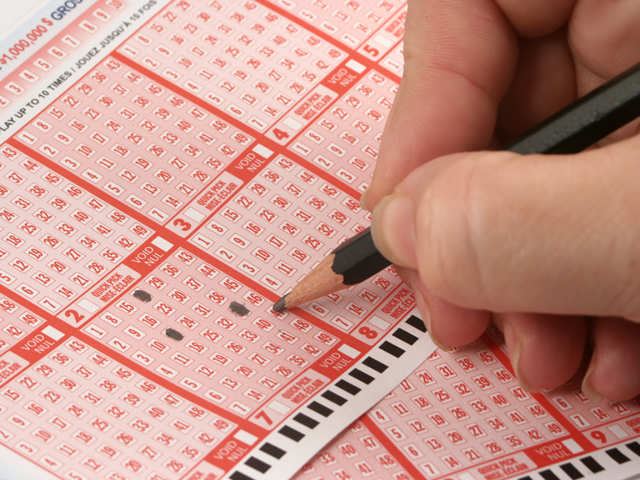Lotteries are a common feature in many cultures worldwide, but in Asian societies, they hold a unique and profound significance that goes beyond mere gambling.
If you want to learn all there is to know about the lottery, be sure to pay a visit to https://kbclucky.com.
The lottery in Asian cultures is deeply embedded in social, economic, and cultural fabrics, reflecting a complex interplay of tradition, hope, and societal norms.
Historical Context of Lotteries in Asia

The history of lotteries in Asian cultures dates back centuries. In ancient China, lotteries were used to fund major state projects, including the Great Wall.
The Han Dynasty (206 BC – 220 AD) is credited with one of the earliest known lotteries, which helped finance military campaigns and public works.
Over the years, the concept of the lottery evolved, blending with local customs and practices, and becoming a part of festivals and celebrations. This historical backdrop sets the stage for understanding the contemporary role of lotteries in Asian societies.
The Role of Lotteries in Modern Chinese Society
In modern China, the lottery has transformed into more than just a gamble. With the rise of economic challenges, particularly among the youth, lotteries have become a means to alleviate financial stress.
For many young Chinese, purchasing a lottery ticket is seen as a small investment in a potential big break. This has led to the transformation of lottery shops into trendy hangouts, where buying a ticket is coupled with social activities.
Establishments like Lotto Coffee are a testament to this trend, offering a space where individuals can socialize and hope for a windfall simultaneously. The psychological impact of this practice is significant, as it provides a sense of hope and possibility in an otherwise uncertain economic landscape.
Cultural Significance of Gambling in China

Gambling has deep roots in Chinese culture, historically perceived as both a vice and a pastime. The ancient Chinese have always had a fondness for games of chance, often intertwined with superstitions and rituals. This historical love for gambling is reflected in the widespread acceptance and participation in lotteries today.
References to fortune and luck are commonplace in Chinese culture, and gambling, including lotteries, is seen as a way to harness these forces. The social acceptance of lotteries is evident in the participation rates and the integration of lottery-related activities into daily life.
Socio-Economic Impacts
Lotteries play a significant role in the socio-economic landscape of Asian countries. Economically, lotteries generate substantial revenue for governments, which is often used to fund public welfare projects and infrastructure development.
However, there are both benefits and drawbacks. While lotteries can boost government coffers and provide financial relief for some individuals, they can also lead to addiction and financial ruin for others.
During economic slowdowns, the sale of lottery tickets often increases, as people look for ways to improve their fortunes, highlighting the complex relationship between lotteries and economic health.
In Summation

The lottery in Asian cultures is a multifaceted phenomenon that extends far beyond a simple game of chance. It is a cultural artifact that reflects historical traditions, provides economic hope, and serves as a social activity.
The future of lotteries in Asian cultures will likely continue to evolve, influenced by economic conditions, social norms, and cultural practices. Understanding the cultural, economic, and social importance of lotteries offers valuable insights into their role and significance in Asian societies.

